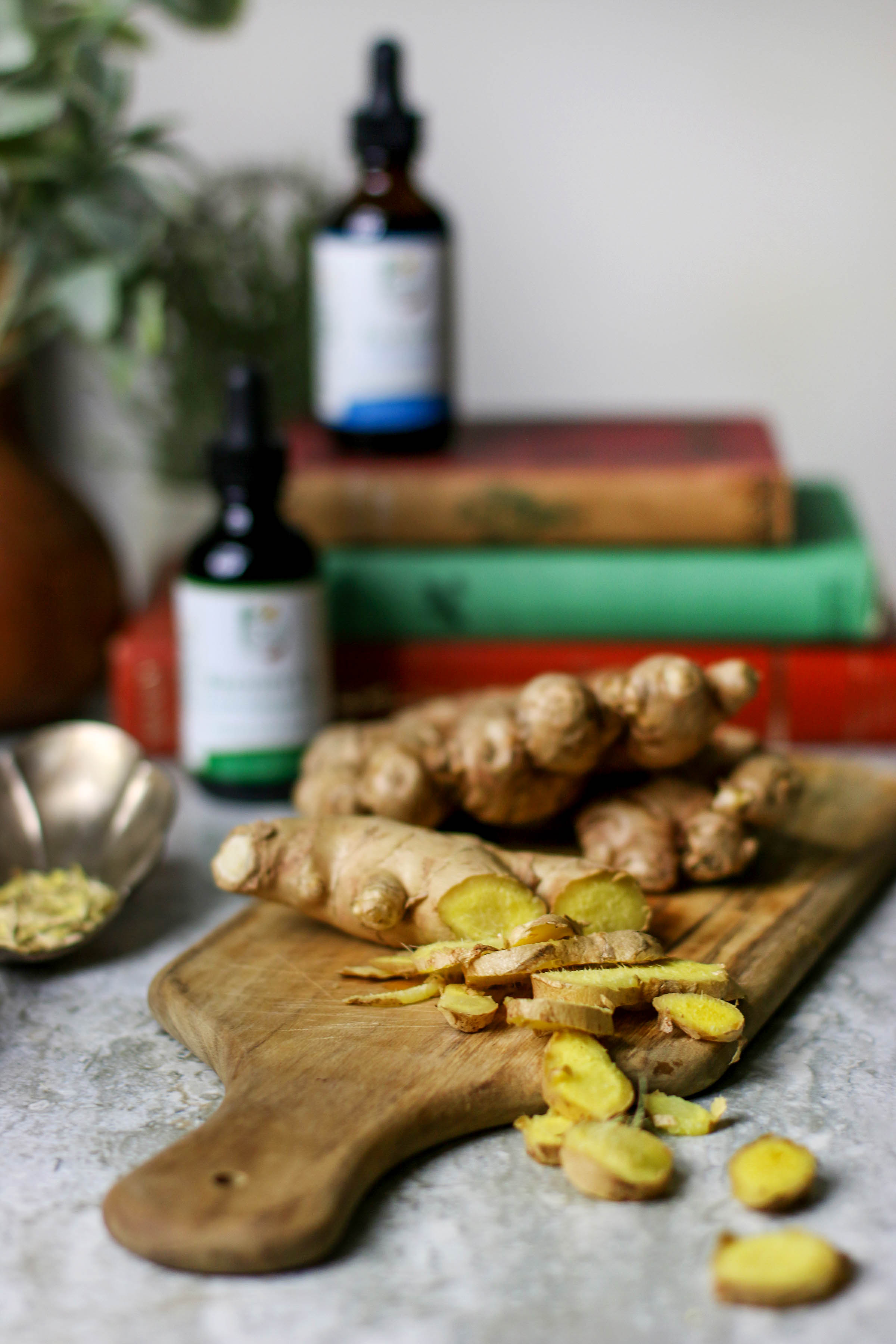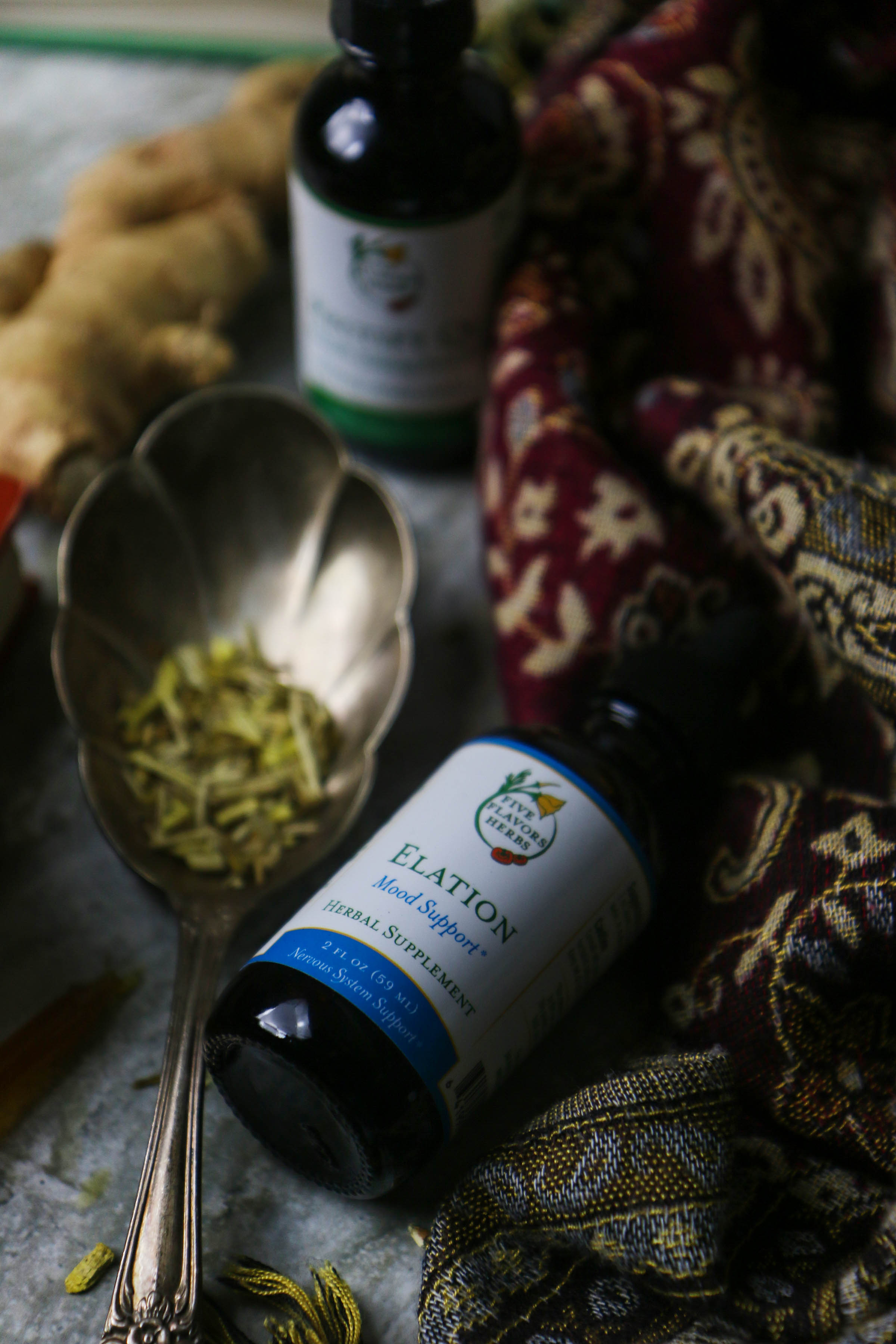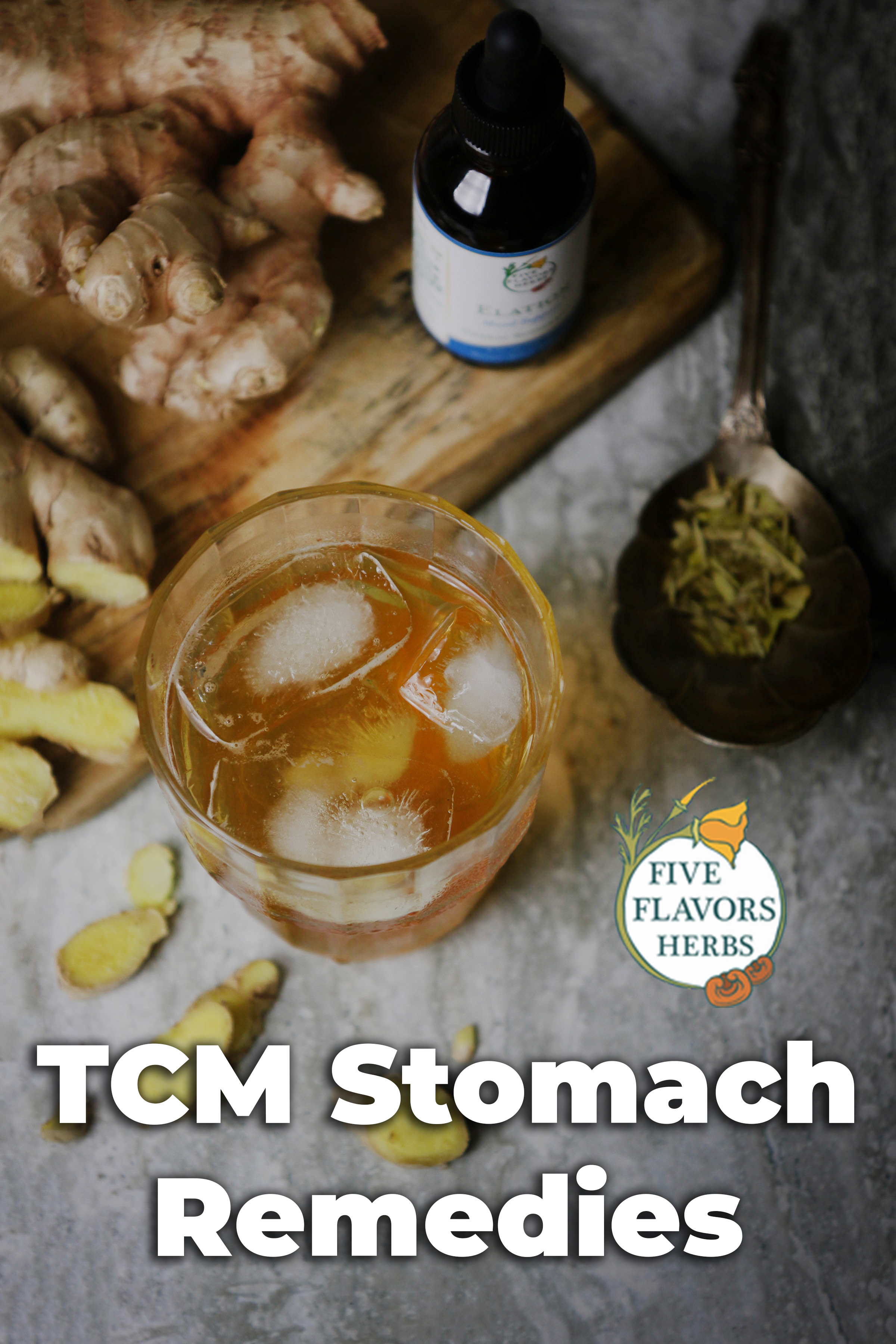All of our bodily systems work in essential and interconnected ways to provide the strength, motivation, and focus we need to live our lives. However, the digestive system plays a central role in our physiological well-being, and the choices we make each time we sit down to a meal can have powerful effects on its function. Healing traditions all over the globe have long recognized this fact, and this is especially the case in Traditional Chinese Medicine (TCM), which treats the governance of digestion as a principal concern.
Principles of Digestive Health in TCM
Nurturing and protecting digestion is a fundamental part of almost every traditional Chinese herbal formula, and the same principles inform daily culinary traditions across many East Asian cultures. In TCM, the Spleen and Stomach transform food and fluids into qi and Blood, making them essential to preserving and building vitality.
The Spleen governs the development of vital energy, thought processes, muscle development, and building the Blood. The Stomach rules the descending actions of the digestion relating to secretion and movement, as well as the assimilation of food and nutrients. From a biomedical perspective, these roles not only represent the digestive system and its intestinal nervous system, but also aspects of the immune system, hemopoiesis (blood cell and platelet formation), endocrine function, liver function, water and salt metabolism, and many other key functions that keep our bodies healthy and balanced.
Anything that weakens or disrupts the function of the Spleen and Stomach not only “insults” (negatively impacts) digestion, but also has consequences on related organs and the essential functions of tissue development, hormone production, concentration, and mood. While individual sensitivities may vary, in general, insulting foods include processed foods, greasy or spicy foods, sugar, and alcohol, as well as undercooked or cold foods. Aside from dietary factors, behavioral contributors like inadequate rest and unchecked mood imbalances like sadness, anger, worry, and excess thought, can also harm digestion.
While sophisticated lab tests and special diets continue to trend, I commonly see individuals experience profound shifts in their health by combining basic guidelines from East Asian dietary principles with Chinese and Western herbs for gut flora and digestive balance. We aim to bridge these traditions by making accessible, time-tested herbal formulas for consumers to augment changes to their consumption habits in support of overall health.
The Energetics of Food
Many of us intuitively gravitate toward different types of food at different times of the year, and TCM places great emphasis on appropriate seasonal eating. Spring is a time to relinquish some of the stagnation we may have built up from lack of activity in colder weather and from overindulgent holiday eating. For springtime and into summer, we recommend consumption of light, bitter foods that nourish the seasons’ associated organs—the Liver and Gallbladder—in order to support their roles of promoting the smooth flow of qi throughout the body. Bitter greens such as kale, chard, parsley, radicchio, arugula, and dandelion facilitate these objectives. We may also use the pungency of radish and the sweetness of beets and carrots to increase our vitality. Commonly, it's considered beneficial to reduce, but not eliminate, consumption of nutrient-dense meats and starches in the springtime.
Cooler temperatures come with different nourishment requirements than those of warmer seasons, and we respond accordingly by eating fortifying and nutrient-dense foods. Autumn represents the intersection between the Earth and Metal elements, making it a good time to work with seasonally available produce, much of which must be cooked to access its nutrients—winter squash, apples, pears, root vegetables, dark leafy greens, mushrooms, cooked grains, beans, and meats (especially in stews and stocks) are all on the menu. It also becomes important to include warming, aromatic spices to protect the digestive system from the “cold evil” that can penetrate, insult, and devitalize our organ functions and metabolism. Adding cinnamon and ginger to a cooked apple dish or a squash soup satisfies our need for sweet (the flavor of the Earth element), while the acridity of the spices enables that sweetness to nourish and enrich us.
Ginger for Digestion in TCM Formulations
Ginger (Zingiber officinale) is a versatile herb in TCM. It's used fresh (sheng jiang) and dry (gan jiang) for regulating digestion, “releasing the exterior” (i.e., producing a sweat), warming the lungs, and loosening mucus. Fresh ginger can rapidly aid in digestion or warm the body to fight illness, while dry ginger warms the middle and dispels internal accumulations of cold that can manifest as insufficient digestive function, loose stool, and abdominal discomfort that is lessened by warmth.
Fresh ginger harmonizes the function of other herbs in a TCM formula. It is often incorporated to detoxify the potent and somewhat harsh herbs that may be wielded by an expert TCM herbalist. For these functions, it is most often paired with jujube dates (da zao) and licorice, prepared with or without honey (gao cao or zhi gan cao). This combination helps to protect the digestion and reduce irritation of the gastrointestinal tract that can be caused by bitter or acrid therapeutic herbs. Ginger simultaneously warms interior cold and harmonizes the acrid Blood- and qi- moving herbs in our Easy Moon Tincture for premenstrual symptoms. In combination with licorice, atractylodes, and poria, ginger also helps optimize digestion and nourish the Blood in our mood-elevating Elation Tincture.
TCM Formulas for Digestion
Rectifying the Stomach Qi
The traditional TCM formula Huo Xiang Zheng Qi San, or “Agastache Rectify the Qi,” is one of the most common household preparations in China for issues stemming from dysregulation of the descending functions of the Stomach (e.g., queasiness, vomiting, and belching), and the absorptive functions of the Large Intestine (irregularity and gas). This formula promotes the proper directional flow of Stomach and Liver qi to relieve digestive discomfort from overeating and stomach bugs of various sorts—it’s also revered as a natural hangover remedy for nausea.
Perilla leaf (also known as shiso) and pinellia rhizome both descend the qi of the Stomach and neutralize any bugs we may have ingested along with that questionable gas station sushi. In the much-used TCM combination mentioned above, fresh ginger, atractylodes, honey-prepared Chinese licorice root, and poria help to restore the absorptive function of the Large Intestine and bring about comfort and ease to the lower gastrointestinal tract. Our Rectify Qi Tincture combines this traditional formula with locally harvested Western herbs that fall into the “aromatic, transform dampness” category in TCM, including fresh agastache, Western sweet cicely root, and coyote mint for added carminative action.
Xiao Yao San for Digestion, Mood & Menstrual Health
“Rambling Powder,” or Xiao Yao San, is a bupleurum-based TCM formulation that distributes the Liver qi, strengthens the Spleen, and nourishes the Blood. Recommended for individuals experiencing symptoms of Spleen qi deficiency (reduced appetite and fatigue) and Liver qi stagnation (discomfort beneath the ribs and stifling sensations of the chest), it also includes fresh ginger to harmonize the Stomach and prevent the development of rebellious qi.
Xiao Yao San is commonly used for mood and menstrual balance, and Five Flavors Herbs offers several versions of this traditional formula modified to amplify these effects. Our Elation Tincture elevates the Liver qi with the additions of mood-lifting albizia, rhodiola, and lemon balm. And our New Moon Tincture supports the second half of the menstrual cycle thanks to chaste tree berry, which is known for supporting menstrual regulation and reducing premenstrual symptoms of irritability and breast tenderness.
GET HELP FOR YOUR GUT:
SHOP RECTIFY QI ON SALE!
You might also enjoy:
- Herbal Tinctures for Natural Health Support
- Jade Windscreen Recipes for Respiratory & Immune Support
- The Five Flavors in Traditional Chinese Medicine
Written by Benjamin Zappin, L.Ac.: Five Flavors Herbs co-founder Benjamin Zappin is one of the Bay Area's most respected and knowledgeable herbalists and a licensed acupuncturist. With over 20 years of experience, Benjamin synthesizes his deep knowledge of Chinese and western herbal medicine with modern medical perspectives to create effective herbal formulas and treat patients. He serves patients through Paeonia Integrative Medicine.




